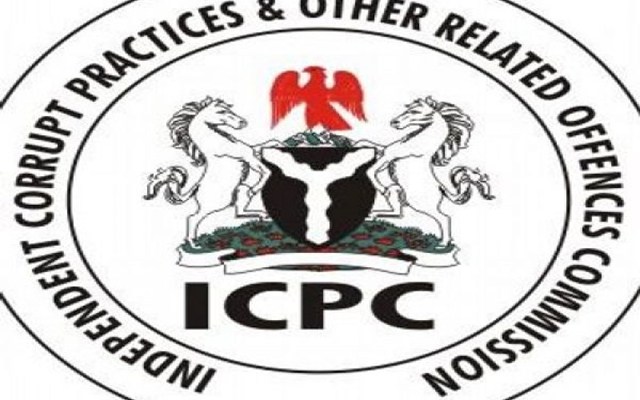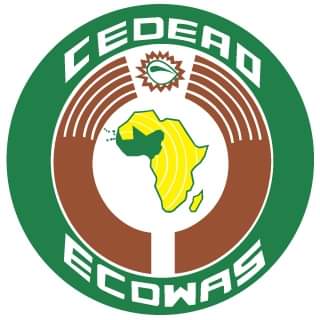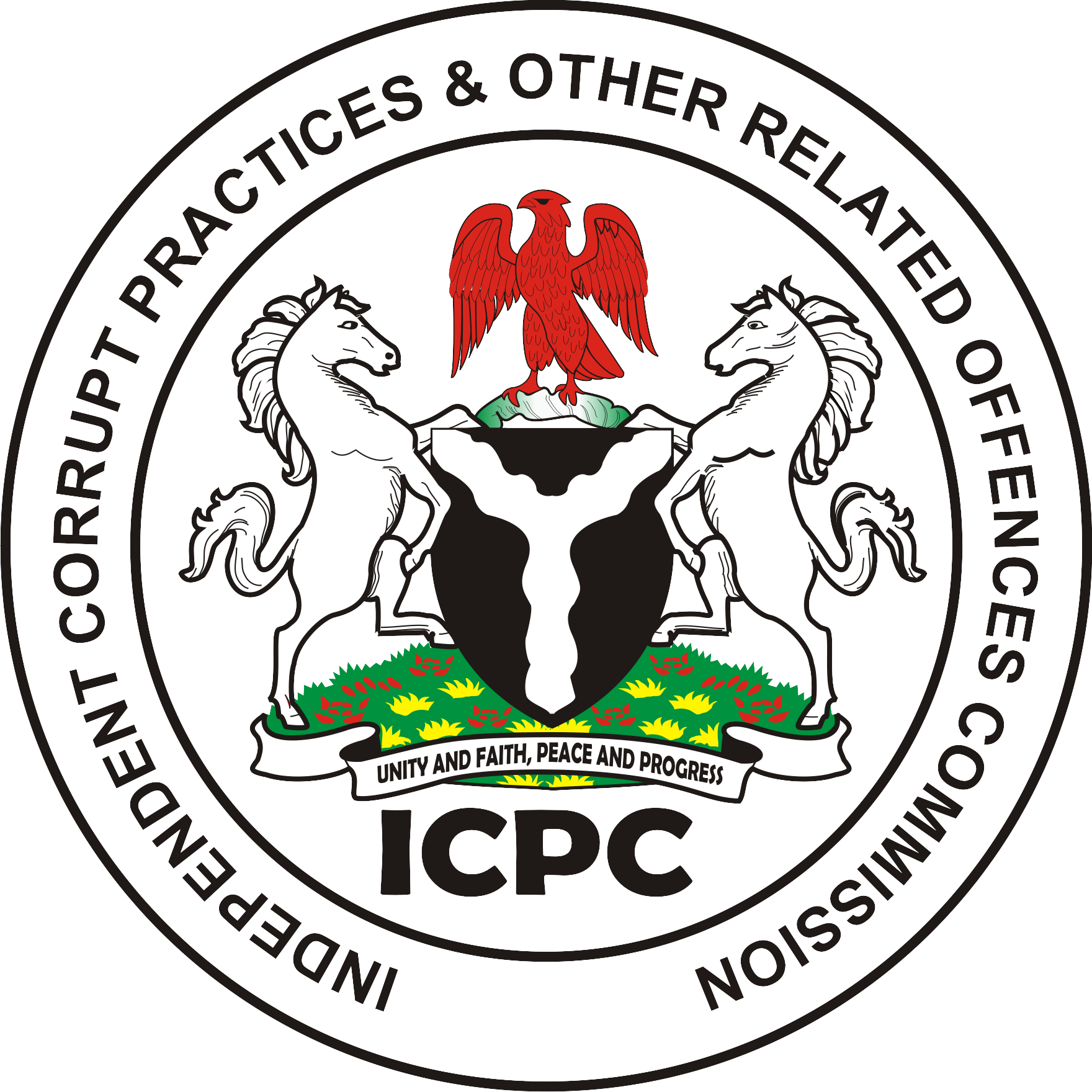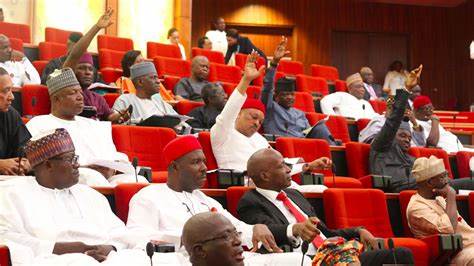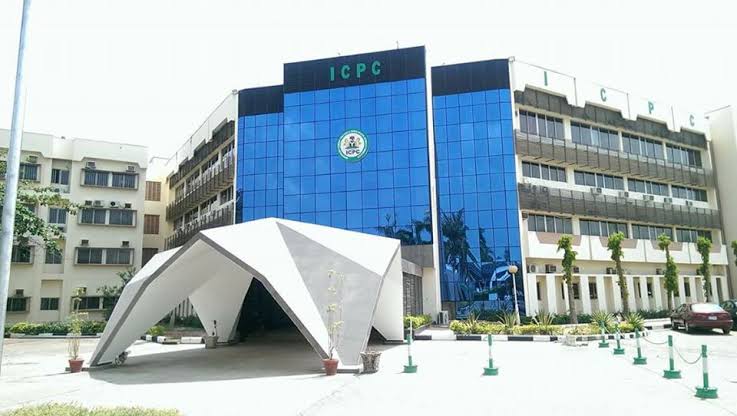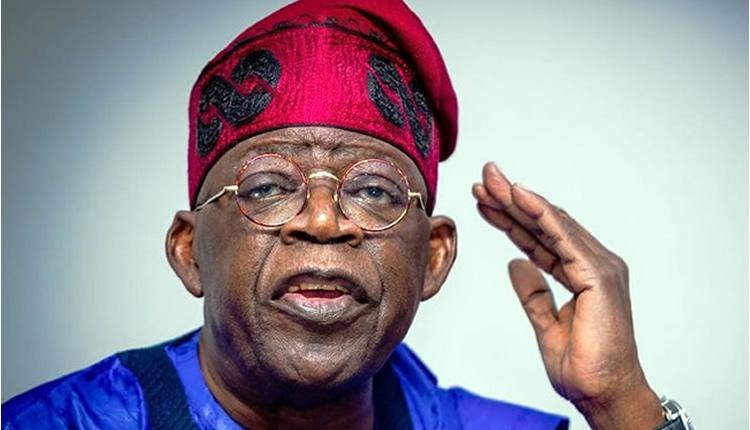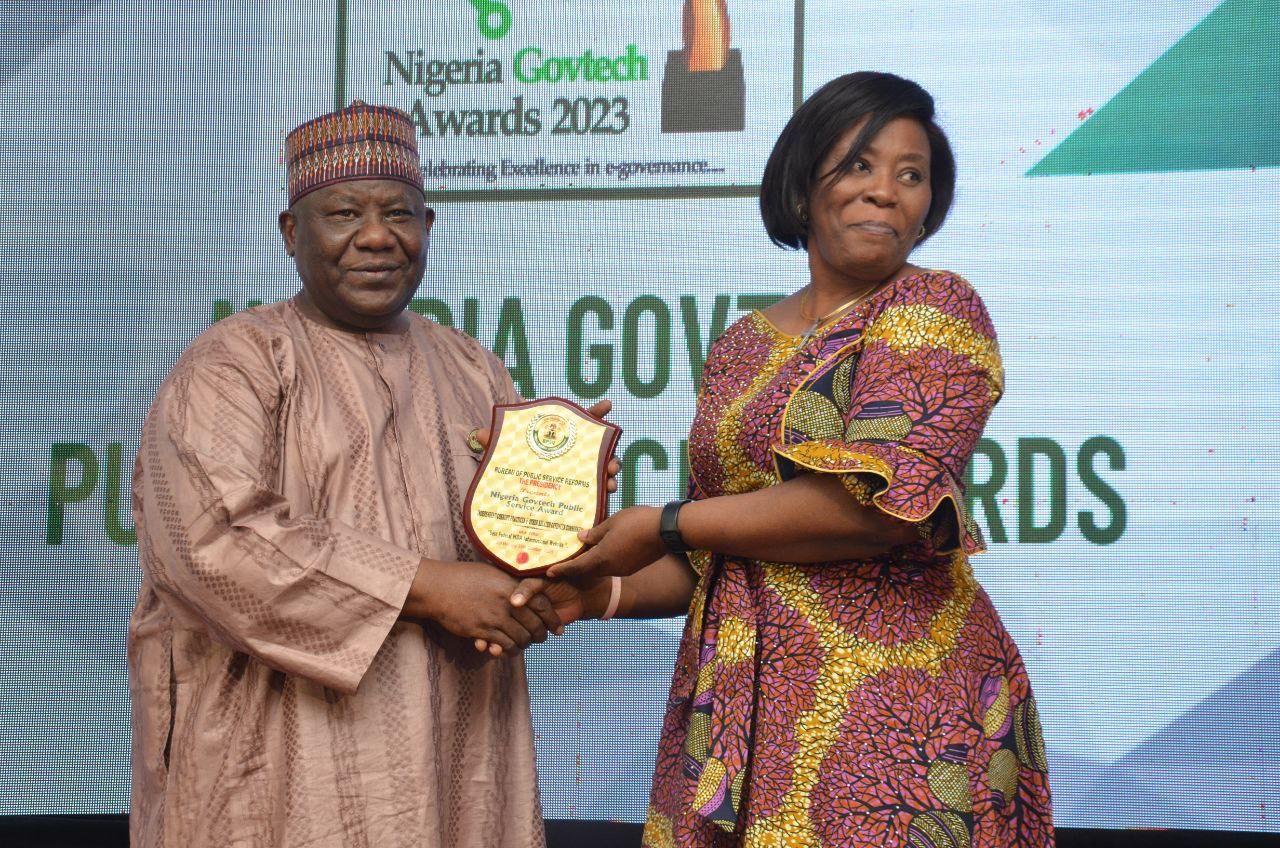The Independent Corrupt Practices and Other Related Offences Commission (ICPC) and the Nigeria Police Force (NPF) have cleared a Nigerian singer, Dapo Oyebanjo, fondly called D’banj, of fraud and rape allegations.
It was gathered that the anti-graft agency and the police cleared D”banj of N-power fraud and rape allegations in different clearance reports upon completion of investigations.
According to The Punch, an affidavit deposed by Toheeb Lawal of an Abuja-based law firm, Law Corridor, before the District Court of Abuja shows that the Nigerian singer is free from any allegation.
The newspaper said in the reports of the Nigeria Police Force Investigation and clearance from the ICPC were marked exhibits A and B, the legal practitioner averred that the police and the ICPC cleared the singer of rape and fraud allegations.
In 2020, the singer was accused of rape, and then Inspector General of Police, Usman Alkali Baba, ordered an investigation into the allegation.
In a report dated November 14, 2023, with case number CR:3000/X/FHQ/ABJ/SEB/T.1/VOL 18/284 and signed by ACP YY Abubakar of the Special Enquiry Bureau at the Force Criminal Investigations Department at the Force Headquarters in Abuja, the police said the matter was investigated but there was no evidence to substantiate the claim.
The police report read in part: “The allegation was investigated. The complainant, witnesses, and suspects made their statements.
“The investigation was extended to the Glee Hotel Lagos, where the staff on duty on the date of the alleged incident made their statement.
“The management and staff of the Glee Hotel averred that the first suspect was not seen in the hotel on the date of the alleged incident, nor was he given a spare key to gain access to any room in the hotel where the complainant lodged, and they have only one key to each room, which completely debunked the allegation of the complainant.
“The management of the hotel also held that it had no record to show that the complainant checked into the hotel as a guest on the alleged date, and she did not, at any time, raise the alarm, complain, or report any indecent assault or rape.
“There is no medical report on the victim to ascertain that she was raped. There are no adduced facts or corroborative evidence to substantiate the allegation of rape against the suspect. Prima facie offences of indecent assault, rape, and intimidation are not made out.
“However, the complainant, through her counsel, Ojoge, Omileye & Partners, submitted a letter, dated July 17, 2020, to the DIG Force CID, to withdraw the petition and discontinue the investigation voluntarily.”
Also, in 2022, the ICPC accused D’banj of diverting funds associated with the N-Power Programme of the Federal Government.
However, after its investigation, the ICPC said that D’banj was not guilty of any fraud allegation and cleared D’banj of any infraction on the matter.
The clarification was dated November 29, 2023, with document number ICPC/OPS/SDD/SPT.LG/31/23.
The clearance reads: “The commission investigated issues of fraud in the administration of the N-POWER Scheme, where Mr Daniel Oladapo Oyebanjo’s name came up. However, there was no prima facie case of fraud against him.
“Kindly be advised that Mr Daniel Oladapo Oyebanjo is not under investigation with the Commission for any fraud-related offence.”
D’banj’s lawyer, in his deposition filed before the Chief District Court of the Federal Capital Territory at Wuse Zone 2, Abuja, also averred that the singer was never a government official.

